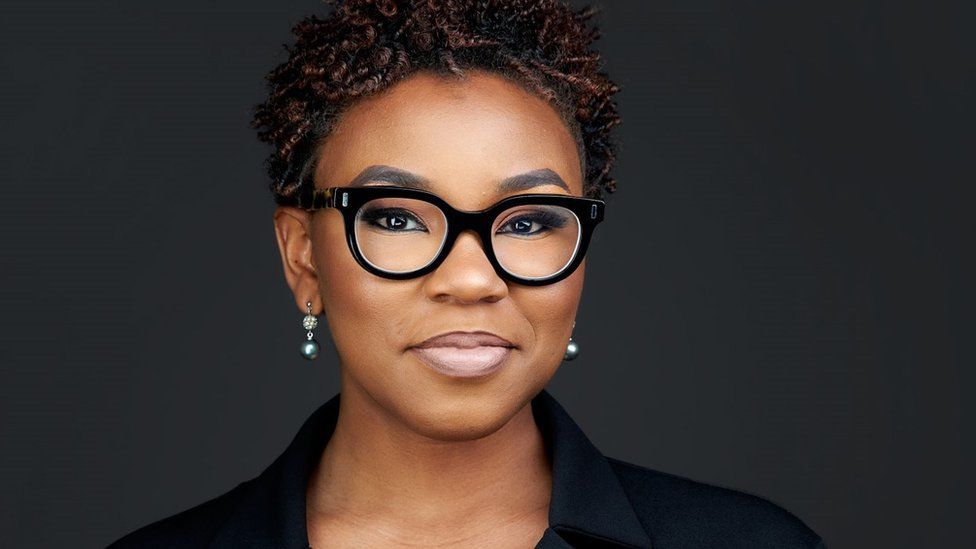-

-
-
Loading

Loading

A recent investigation by the BBC has uncovered a network of fake social media accounts in Uganda. These accounts operate under false identities and are used to spread pro-government propaganda and target critics with threats. The network was discovered after a fake account using a stolen photo of a senior consultant named Dr. Jamechia Hoyle was created on Twitter in October 2021. The account regularly posted in praise of the Ugandan government and its policies, while directing harsh words and threats towards opposition supporters and government critics. Upon learning about the fake account, Dr. Hoyle expressed shock and disbelief. She had taken a photo with President Yoweri Museveni during a conference in Uganda in 2017, and this photo was later used without her knowledge to create the fake account. The BBC's investigation revealed that there were dozens of similar accounts attacking and harassing government critics, all bearing striking similarities to each other. These accounts claimed to be Ugandan citizens and often used stolen images as profile pictures. By analyzing the behavior of these fake accounts, BBC Verify mapped out a network of nearly 200 fake social media accounts operating on Twitter and Facebook, despite Facebook being blocked in Uganda since 2021. These accounts often posted the same content simultaneously, suggesting coordinated efforts. However, the impact of this network on people's views of the government is unclear, as very few of its posts garnered significant engagement. Meta, the parent company of Facebook, removed most of the identified accounts on its platform, suspecting involvement from individuals linked to the Ugandan government's Citizen Interaction Centre (GCIC). The GCIC denied these allegations and stated that their agency accounts do not operate on Facebook. However, this is not the first time the GCIC has been accused of running influence operations. In 2021, Facebook took action against hundreds of accounts linked to the GCIC. The individuals targeted by these fake accounts, such as Ugandan climate activist Hillary Innocent Taylor Seguya, expressed concerns about the mental health impacts of the threats and urged those behind the network to consider the consequences of their actions. They emphasized the importance of dissent in a democratic society and called for an end to the silencing of critics.